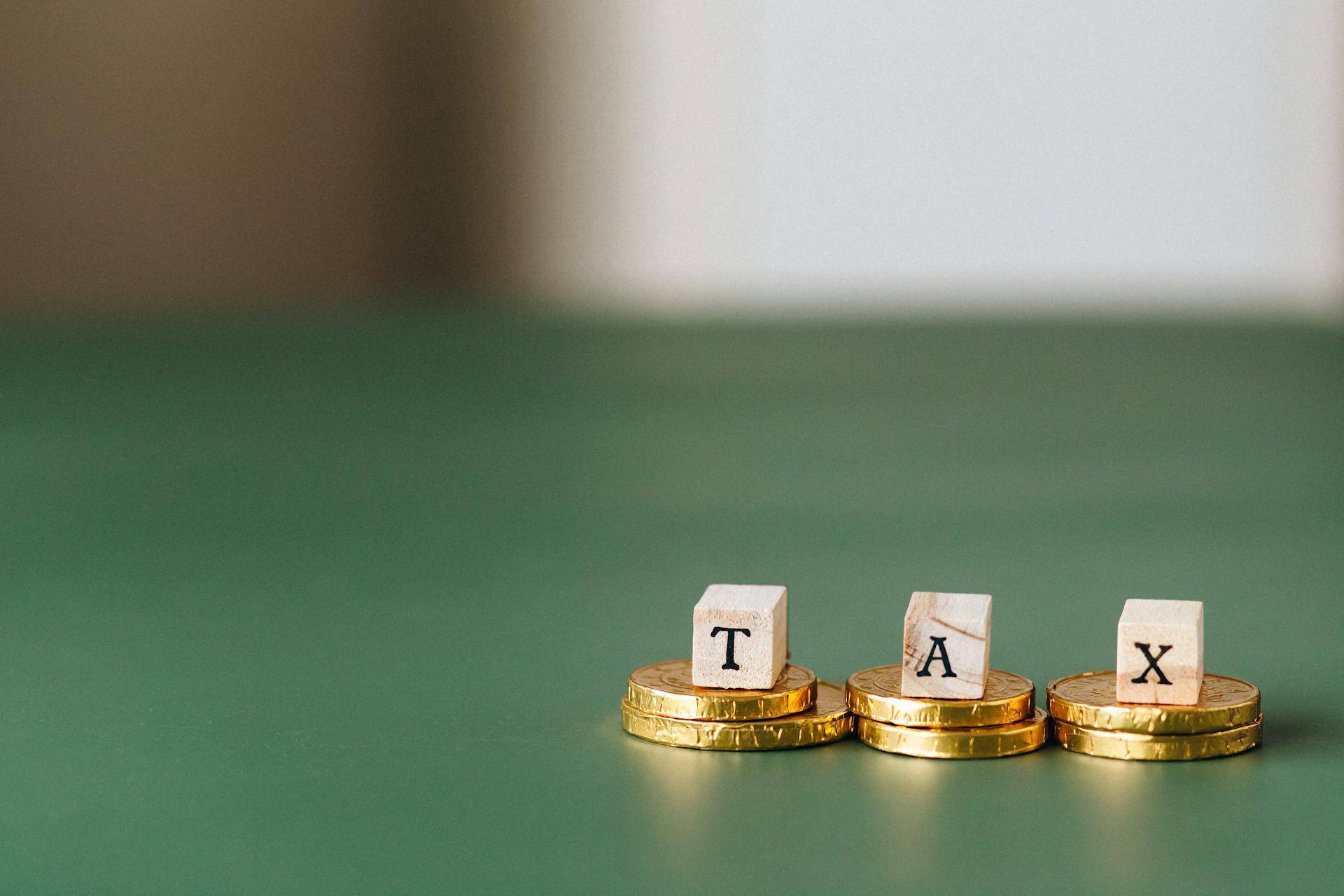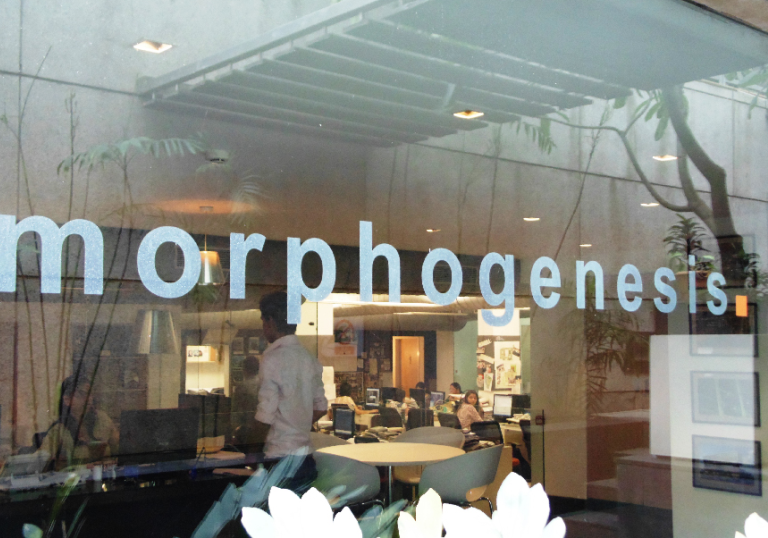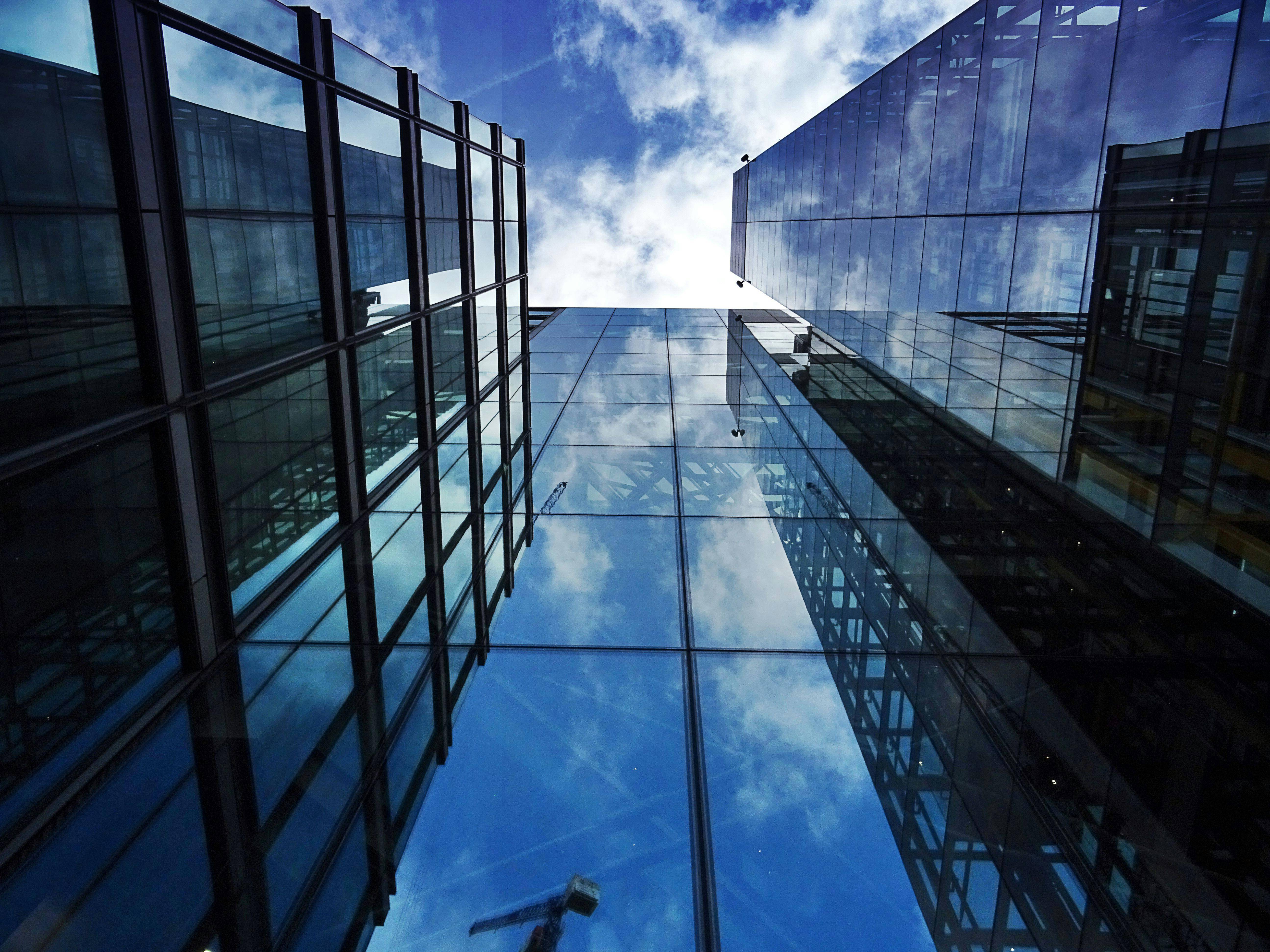Facing a pressing need to strengthen its financial position, the Chandigarh administration has implemented a significant hike in property tax and collector rates, effective April 1, 2025. The move comes as the Municipal Corporation struggles with a severe cash crunch, prompting authorities to seek additional revenue sources. However, the decision has sparked considerable debate, with many residents and business owners voicing concerns over the increased financial burden on both residential and commercial properties.
Property Tax Increases: Residential and Commercial Properties Affected
The most notable change is the steep increase in property tax. Previously, residential properties were taxed at 3% of the Annual Rateable Value (ARV), while commercial and industrial properties were taxed at 3% as well. This has now been dramatically revised.
Residential property tax will now rise to 9% of the ARV, marking a three-fold increase. This hike is set to significantly affect the approximately 1,08,500 residential properties in Chandigarh. Meanwhile, commercial and industrial properties will see their taxes rise to 6% of the ARV—double the previous rate. These hikes are expected to bring in an additional ₹54 crore annually, with ₹72 crore coming from commercial properties and ₹27 crore from residential properties.
For the cash-strapped MC, this is seen as a necessary step to address its ongoing financial struggles, which have led to stalled development projects and delayed staff salaries. However, the decision has also attracted considerable criticism from various quarters.
Government Properties Exempted
One of the most controversial aspects of this property tax revision is the decision to exempt government-owned properties from the tax hike. These properties will continue to be taxed at the previous rate of 3% ARV. This exemption has sparked widespread criticism, particularly because government properties in Chandigarh have outstanding dues of around ₹250 crore, which have not been cleared for years.
The Punjab, Haryana, Himachal Pradesh, and central government properties, along with those of the UT administration, account for a significant portion of this debt. Despite repeated efforts by the Municipal Corporation to recover these dues, government buildings continue to enjoy tax rebates and preferential treatment. This exemption, critics argue, only adds to the burden on regular residents and business owners who now face higher taxes.
Background and Justification for the Tax Hike
The property tax system in Chandigarh was introduced in 2004, initially for commercial, industrial, and institutional buildings, and later extended to residential properties in 2015. Despite inflationary pressures and the increasing financial strain on the MC, the tax rates had remained unchanged until now.
Chandigarh Mayor Harpreet Kaur Babla defended the increase, stating that the move was necessary due to the opposition's refusal to cooperate on previous proposals. She claimed that the tax hike was in line with the MC's need to address its financial crisis, which has been exacerbated by a lack of additional grants from the UT administration.
The MC had earlier proposed a much higher tax hike, with some suggestions even advocating for a four-fold increase in taxes. However, the proposal was rejected by the city’s councillors, who criticized the move as too burdensome for residents. Despite the political pushback, the administration chose to implement a more moderate hike, raising taxes by up to three times for residential properties and double for commercial properties.
Impact on Residents and Business Owners
The increased property taxes are expected to place additional strain on city residents. Property owners, both residential and commercial, will now have to pay significantly more, and while the city offers a rebate for early tax payments, it still represents a considerable increase in costs.
To ease the immediate impact, the administration has introduced a 10% to 20% rebate for property tax payments made between April 1 and May 31. Residential property owners will get a 20% rebate, while commercial property owners will receive a 10% discount. However, this temporary relief does little to offset the long-term financial burden that the increased taxes will impose on both property owners and tenants.
Additional Increases in Charges for Essential Services
The hike in property taxes is not the only costlier change residents will face this year. The UT administration has also approved a range of price hikes for essential services and amenities, including water bills, garbage collection, and fire safety certificates.
Water tariffs have already increased by up to 150% in 2022, and from April 1, 2025, water bills will see an additional 5% increase. Similarly, garbage collection charges will also rise by 5%. For instance, houses up to 2 marlas will now pay ₹57.87, up from ₹55.12, while larger houses will see charges increase proportionally.
Additionally, the fire safety certificate fee has also seen a nearly 10% increase, with different categories of buildings now facing higher fees based on their size and use. This increase is particularly significant for commercial and industrial properties, which now have to pay ₹12 to ₹14 per square meter for fire safety certification.
Real Estate Transactions to Become More Expensive
On top of the increased property taxes and service charges, property transactions will become more expensive due to a significant hike in collector rates. The new collector rates, which have increased by over 300% in some areas, will make real estate deals costlier. The revision in rates will particularly affect residential areas in villages and sectors, where collector rates have jumped by as much as 316%.
This hike in collector rates is the first revision since April 2021, and it will have a noticeable impact on property buyers, particularly those looking to purchase properties in the city’s residential areas. With the cost of transactions rising, many potential buyers and investors may reconsider their options, leading to a potential slowdown in the real estate market.
While the tax hikes and service charges are essential for addressing the MC’s financial distress, they have also created significant frustration among the city’s residents and business owners. Many feel that the burden is disproportionately falling on them, while government properties continue to enjoy exemptions and rebates.
As the new financial year begins, Chandigarh’s residents will have to adjust to the higher costs of living. Whether these increases will help stabilize the city’s finances or further exacerbate the growing dissatisfaction with the administration remains to be seen. What is clear, however, is that the financial challenges facing Chandigarh are far from over, and it will take more than just tax hikes to resolve the ongoing fiscal crisis.










